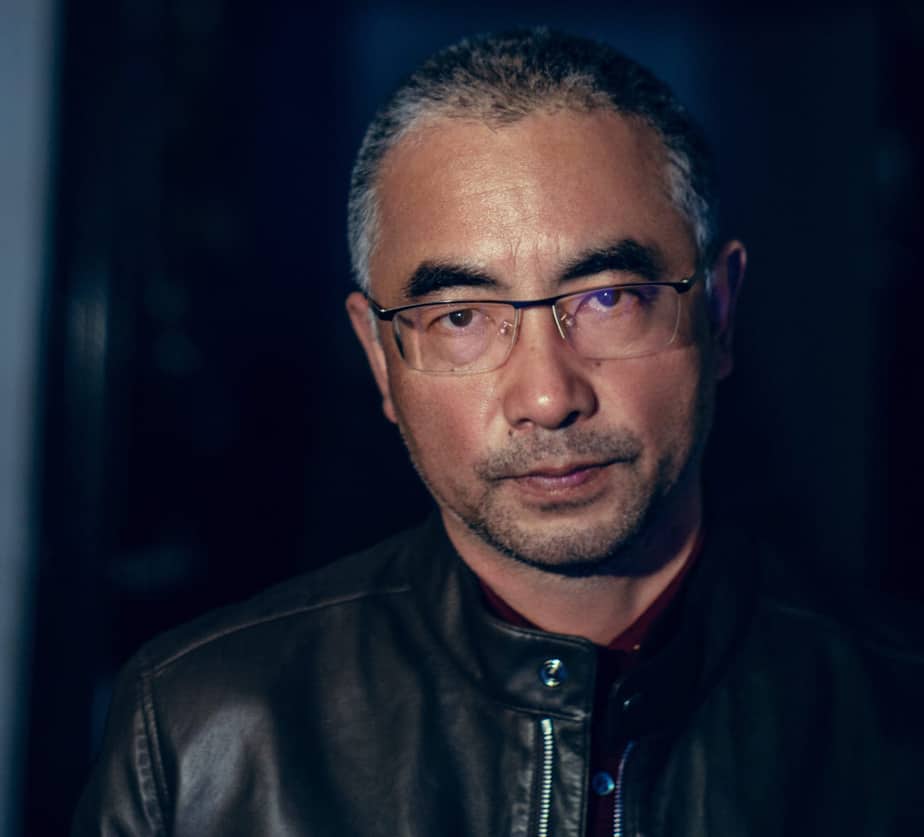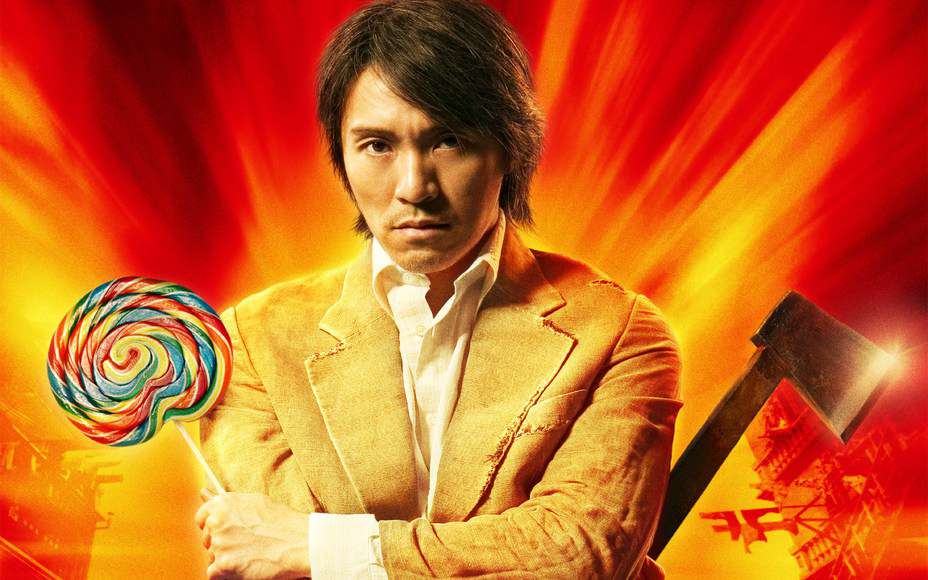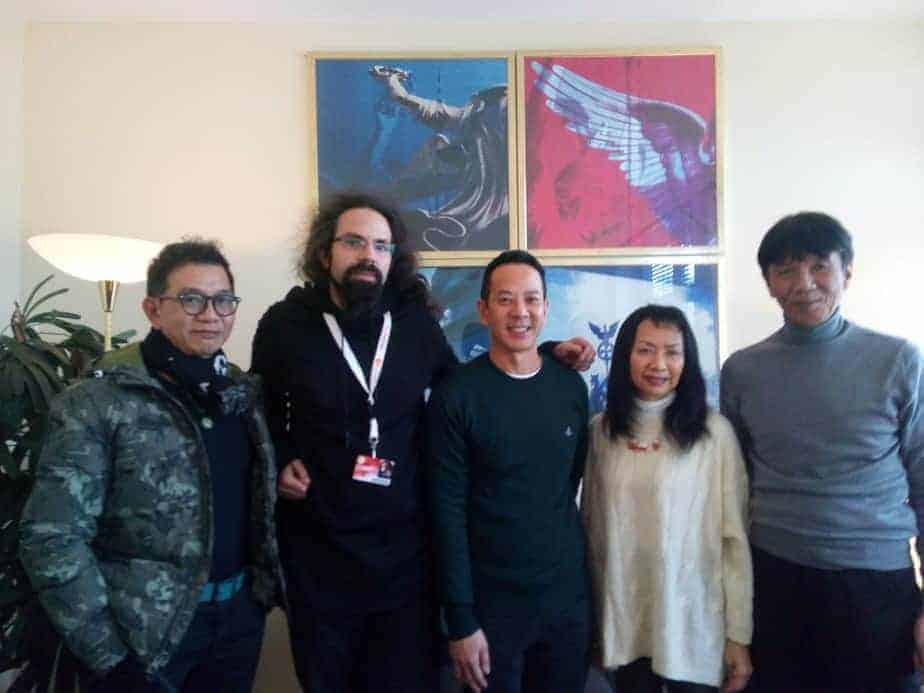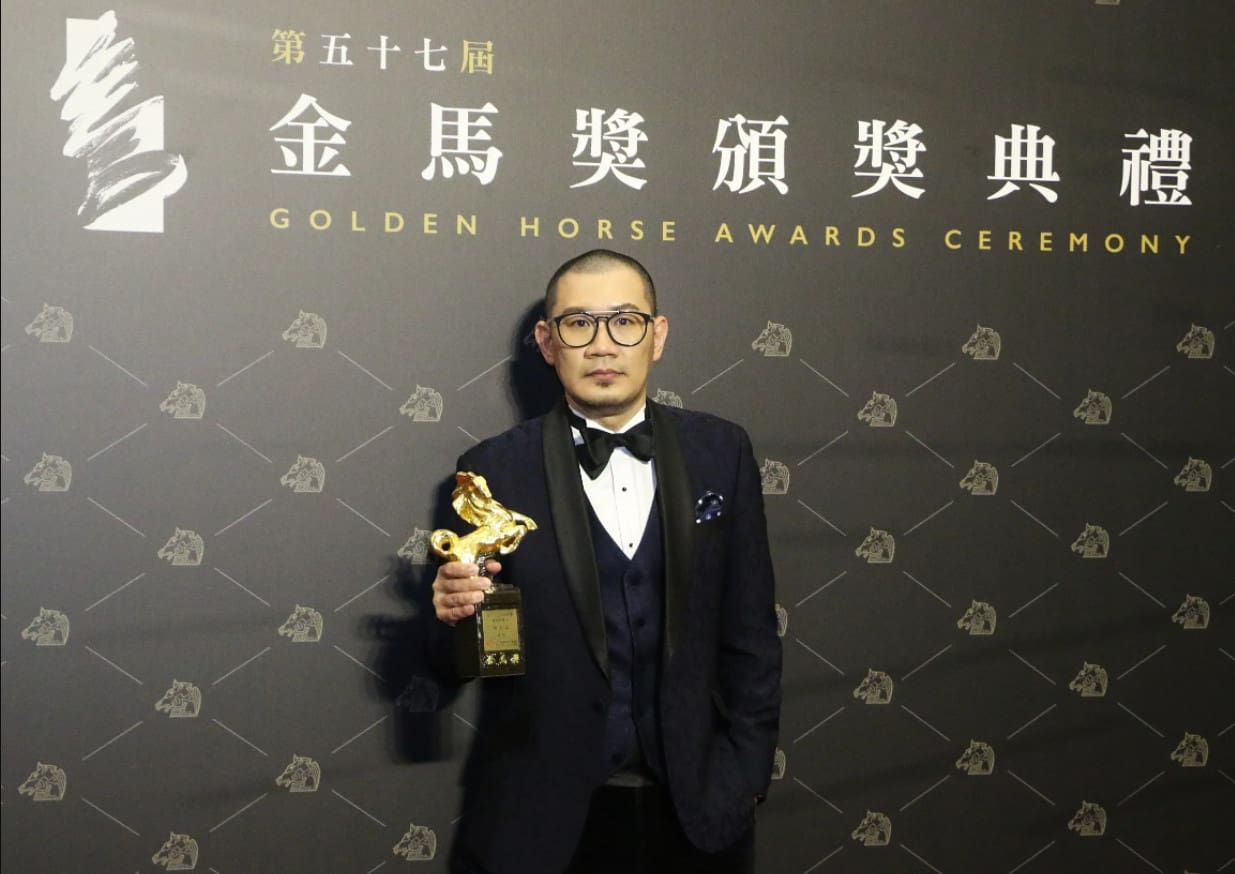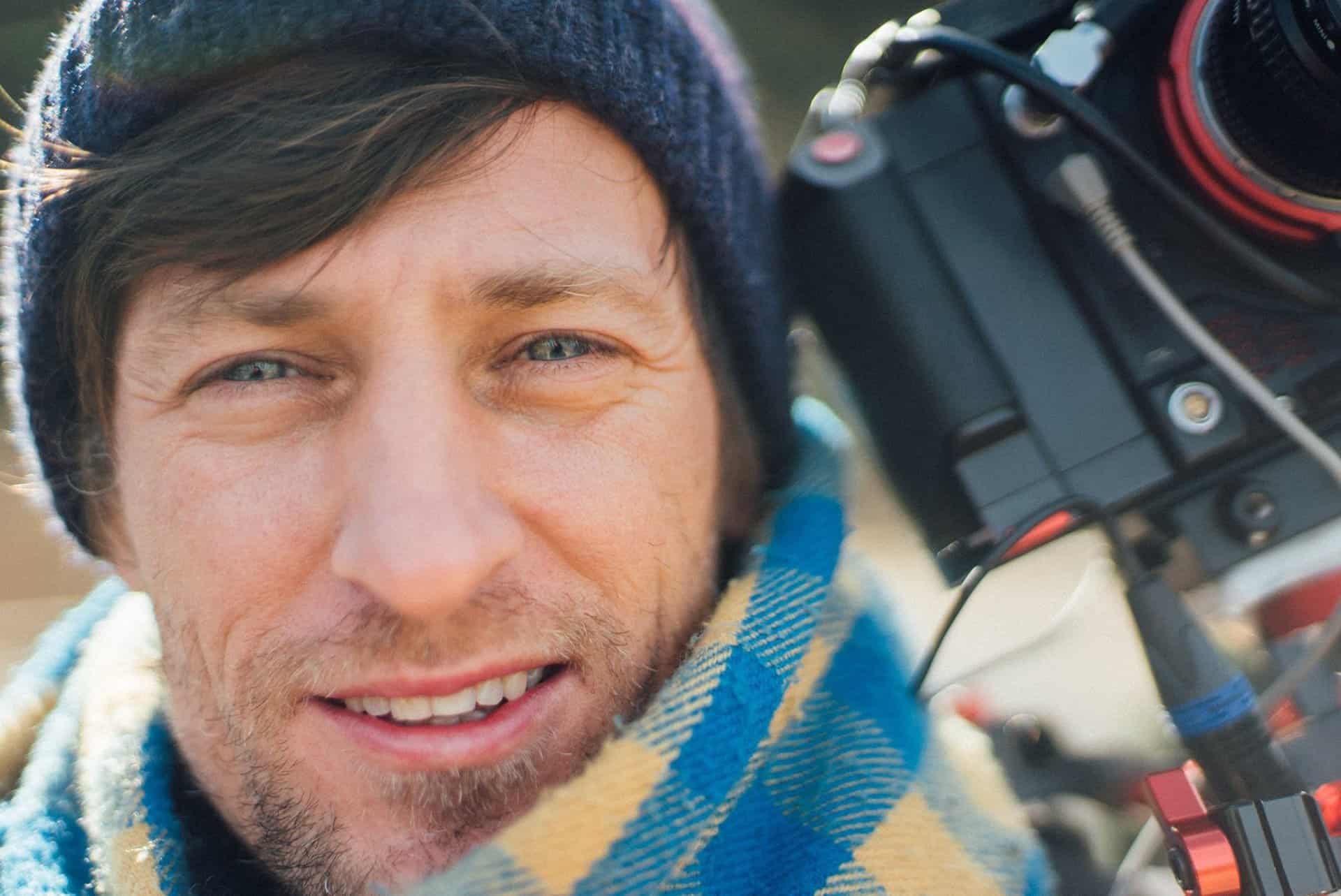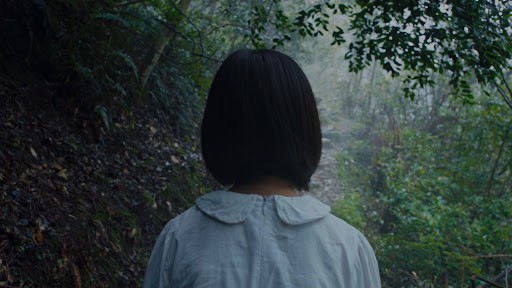Sheep are back again in Pema Tseden's seventh feature film “Balloon” that premiered in the Horizon's sidebar of the Venice International Film festival, and they feel like the inseparable part of the brilliant cast. In this family drama set up in Tibet's grassland, three family generations are trying to come to terms with an unexpected situation that make them question consequences of either of potential decisions. In his script based on the novel composed of three stories he penned after his original script was rejected by censors, Tseden doesn't disappoint with his reluctance to stay away from final answers and clear ending, leaving the viewer to ponder what comes after the curtain has closed.
The title roles are played by actors we recognize from Pseden's road western “Jinpa” that also competed in last year's Horizon selection, where it bagged the award for Best screenplay.
Asian Movie Pulse has set down to talk to the director in a one-on-one interview on the day the film premiered in Venice.
“Balloon” screened at
Venice Film Film Festival 2019

In your press material, it says that you were originally inspired to write the script based on your own novel after seeing a balloon in the sky. How did you connect that simple experience with such a complex story set up in a secluded Tibetan village?
It was about 6-7 years ago while I was living in Beijing. It was wintertime, and I was walking down the street when I accidentally saw a balloon in the sky, and I was fascinated by that image. I've started thinking about how that image can be related to Tibet from the recent past, about the laws, tradition, about the condoms, and I got the idea for the narrative. I always knew that my film will end with the blue skies and the fade out, but since I wasn't immediately given a chance of making the movie happen, I started writing a novel based on the script that I wrote initially, which was published. This gave me enough time to rethink and re-write the script. The structure hasn't changed much, and all the characters stayed the same.

Do you write in the Tibetan of in the Mandarin language?
The process of novel-writing is different from the scriptwriting, so when crafting the literature pieces, I decide for the one or the other language. But for the screenplay, it is important to write it straight in Mandarin because of the funding – I have to show it to the investors, and at the same time there is also the censorship process to think about. The script is sent to the censorship board, and if it's approved, the dialogues get translated into Tibetan and shown to the actors.
Three leading adult actors we know from your previous films, the rest are amateurs. How is it working with amateurs and professional actors at the same time?
The husband Dargye (Jimpa) and wife Drolkar (Sonam Wangmo), and also her sister (Yangshik Tso) are professional actors, so actually that's a difference from my early filmmaking practice. Back in time when I made my first film “The Silent Holy Stones”, there were no professional actors, but now more and more actors get trained. At the same time, for the non-professionals we have a really good casting process. For instance, in “Balloon”, the roles of the grandfather and two little boys were also played by people with previous acting experience in the TV shows. So even for them, this wasn't something new and they were not intimidated by the camera in the shooting process. On the other hand, most of them just recreated the scenes of their normal everyday life , something that they are really familiar with, so they just had to get the details right.

You were the first Tibetan director who made a film with all-Tibetan crew and actors. What has changed within the past 15 years?
As I mentioned previously, we now have schooled actors but also other trained film professionals. There are many more options to chose from. We really have local talents now we can work with, and certainly, compared to 15 years ago, the Tibetan filmmaking has shaped.
You chose a very interesting topic – family planning in the aftermath of restrictive Chinese law that was abolished in early 1980's (each family was allowed to have one child only).
As you can see at the beginning of the film, the one-child policy wasn't applied anymore, since the narrative is set in the early 1990's. When I was young, it was quite common that families had many children, but for the Tibetan region it was usually only two children pro family. So, when the mother gets pregnant with the fourth child in “Balloon”, the dilemma becomes burdened by the Tibetan belief that the soul of the deceased gets reincarnated. After the passing of the grandfather, the story gets intense, connecting the reality with the set of beliefs on the spiritual level.
Spirituality plays an extremely important role in your films, also in relation to the animals and the nature. Which brings me to the question of sheep that always appear one way of the other in your films. In “Balloon”, they have a particularly strong “appearance”, almost being like a part of the film cast.
On one side, it's the relation to the Tibetan lifestyle, especially the people living in the grassland with their sheep and cows. In my films, sheep represent different things. In “Jimpa”, the sheep is merely a symbol of life and relates to Buddha's teaching that all lives are equal. When you set the story in a wasteland in which a sheep appears out of nowhere, there's a certain absurdity in it, which is how the film begins. In “Balloon, the story starts with the family trying to buy a ram for mating to produce more sheep, because the sheep don't give birth to lambs anymore. At the same time, it's a certain comparison to the family that is confronted with the opposite problem the necessity of reproduction limitations.

You said that you like to finish a film with a scene of clear blue skies. What does the sky represent for you?
It's an undefined space and a space of uncertainty. You see the balloon flying and being carried away god know where. I wanted to have the end more open, since there's also a huge uncertainty about mother's decision what to do. In the filmmaking process, I also felt a dose of uncertainty. I wasn't sure what to choose.
Your films are traditionally left with open endings. Can you elaborate a bit on that?
As a director I don't like deciding about my characters' destinies. I also think that it's a reflection of the Tibetan territories.


